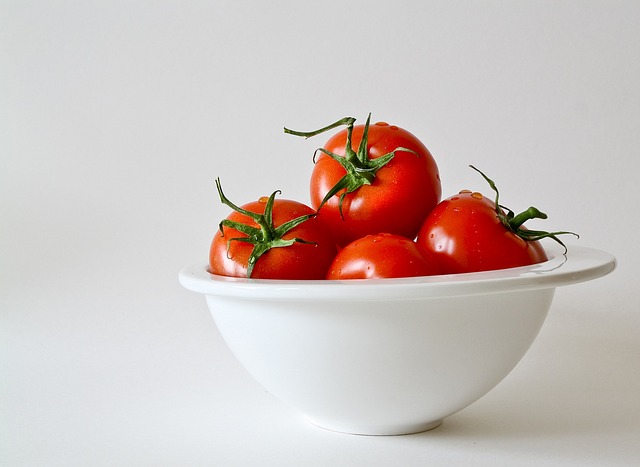Supercharging Your Digestion with Probiotics: Say Goodbye to Bloating and Indigestion
Are you tired of dealing with uncomfortable bloating and indigestion after every meal? If so, it’s time to consider incorporating probiotics into your daily routine. Probiotics are beneficial bacteria that can help improve your digestive health and alleviate common digestive issues.
What are Probiotics?
Probiotics are live microorganisms that, when consumed in adequate amounts, provide numerous health benefits. While we often associate bacteria with harmful pathogens, our bodies naturally have both good and bad bacteria. Probiotics are the good bacteria that promote a healthy gut microbiome.
You can find probiotics in various food sources and supplements. Fermented foods like yogurt, sauerkraut, kimchi, and kefir are excellent sources of natural probiotics. Additionally, you can opt for probiotic supplements, which provide a concentrated dose of beneficial bacteria.
The Benefits of Probiotics for Digestion
Probiotics offer several benefits for your digestive system:
1. Improved Gut Health:
Probiotics help restore the balance of bacteria in your gut, preventing an overgrowth of harmful bacteria. By maintaining a healthy gut flora, probiotics play a crucial role in supporting proper digestion and nutrient absorption.
2. Alleviation of Bloating and Indigestion:
If you frequently experience bloating, gas, or indigestion, probiotics can help provide relief. They help break down food more effectively, reducing the occurrence of digestive discomfort.
3. Enhanced Nutrient Absorption:
A robust gut microbiome is essential for absorbing and assimilating nutrients from the food you eat. Probiotics can improve your body’s ability to absorb vitamins, minerals, and other essential nutrients, ensuring you get the maximum benefit from your diet.
4. Strengthened Immune System:
A significant portion of our immune system resides in our gut. Probiotics stimulate the production of antibodies and enhance the activity of immune cells, promoting a healthy immune response. By maintaining a healthy gut environment, probiotics also help protect against harmful pathogens.
How to Incorporate Probiotics into Your Diet
There are several ways to introduce probiotics into your daily routine:
1. Yogurt:
Yogurt is one of the most popular and accessible sources of probiotics. Look for yogurt with live and active cultures to ensure beneficial bacteria content. You can enjoy it on its own, mix it into smoothies, or use it as a base for dressings and dips.
2. Fermented Vegetables:
Fermented vegetables such as sauerkraut, kimchi, and pickles are not only delicious but also loaded with probiotics. Be sure to choose the unpasteurized variety, as pasteurization destroys the beneficial bacteria.
3. Kefir:
Kefir is a fermented dairy product that tastes similar to yogurt, but with a thinner consistency. It is an excellent source of probiotics and can be consumed on its own or added to smoothies for an extra health boost.
4. Probiotic Supplements:
If you find it challenging to incorporate probiotic-rich foods into your diet, you can opt for high-quality probiotic supplements. Consult with your healthcare provider to determine the right supplement for your needs.
Tips for Choosing Probiotics
When selecting probiotics, keep the following tips in mind:
- Look for products with a diverse range of bacterial strains.
- Choose supplements with a high colony-forming unit (CFU) count to ensure sufficient bacteria make it to your gut.
- Check for third-party lab testing or certifications to ensure the quality and potency of the product.
- Consider any specific health concerns or conditions you







